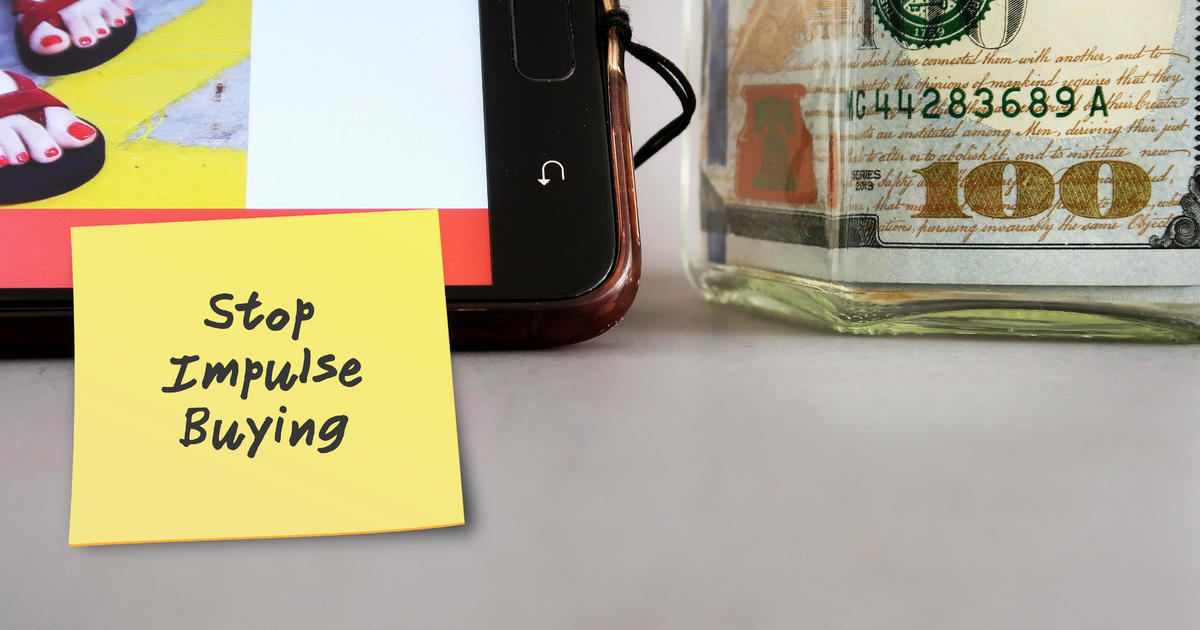Buy one get one free! Spend more to get free shipping! Save 10% with this special discount code! These are the kind of sales pitches that consumers often find impossible to resist. However, spending money to save it, or “spreading” as the practice has come to be called, rarely benefits the consumer. Instead, retailers' clever marketing strategies convince consumers they're getting a deal, when often they're just overspending.
In short, buyer beware, experts warn.
“I understand the appeal of getting to the checkout and a notification pops up saying spend $10 more to get some benefit,” LendingTree senior economist Jacob Channel told CBS MoneyWatch. “But 90% of the time, when you break it down, it doesn't make sense. You don't actually save money if you spend more.”
Deal or no deal?
A number of common marketing pitches play up the allure of savings, as long as you splash out enough cash. They include:
- Spend more than a certain amount to get a “free” gift.
- Spent enough to qualify for free shipping
- Buy one, get one
- Purchase additional items to use a coupon or discount code
- Sign up for a service to get a discount
If these tactics sound familiar, that's because they're widely used by a range of retailers, from grocery chains to clothing stores, noted Bankrate personal finance expert Ted Rossman.
Of course, there's nothing illegal or even particularly subtle about these deals: after all, merchants are in the business of making money, while the onus is on consumers to determine whether a deal is worth it.
Likewise, it's also up to shoppers to be on the lookout for sales gimmicks that subtly push them to spend more.
“Retailers have always known this trick and are very good at what they do,” personal finance expert Rachel Cruze told CBS MoneyWatch. “They know that if we do a sale or offer free shipping if you spend 'X' amount, you'll spend more money. Psychologically, they're good at knowing how to get people in.”
Why buyers fall for it
But why do consumers fall into the trap of spending more in the name of saving? Part of that often comes down to FOMO, or the fear of missing out on a limited-time sale or other supposed bargain, money coach Nicole Victoria told CBS MoneyWatch.
“It's about loss aversion, or the perception of loss,” he told CBS MoneyWatch. “You feel like you're losing money paying for shipping, and you've invested time and resources into filling your shopping cart, so you'd rather earn something else.”
Of course, it's not always a mistake. Sometimes spending more money on something you were already planning to buy makes good financial sense and can lead to real savings. But Victoria said it can be downright wasteful when, for example, you buy large quantities of perishable goods that you can't consume before they expire or deteriorate.
“It's not all bad, but the part that's most damaging is impulse buying and lower quality items, for example fast fashion or things you don't necessarily need. Buying in bulk isn't great if you're going to throw away scraps” , Rossman said.
These days, meanwhile, savings can pile up on credit card debt at a time when APRs are near record highs, he added.
How to avoid spoilage
In general, it's wise to ignore offers that invite you to spend more money than you planned, experts said.
“Sometimes it's better to ignore the notifications and just buy what you were originally going to buy. It's a matter of not getting distracted by something shiny,” LendingTree's channel said.
It's also helpful to keep in mind that the merchants behind buy-one-get-one and similar deals are on a mission: to get you to spend as much as possible to increase their revenue.
“Keep that mindset in mind. They're not out there trying to help you save money,” Channel said.
Other tips for resisting the temptation to add products to your shopping cart in hopes of saving money or earning a reward:
- Stick to your list. List what you need when shopping and stick to it.
- Unlink your credit card from retail websites. Storing payment information online makes it easy to spend money with just a couple of clicks. Sure, it might seem like a hassle to enter your card number and go through the checkout process, but that's just the kind of friction that can help curb your spending.
- Unsubscribe from promotional emails. Sales notifications alert you to events and direct you to shop in places you hadn't planned to visit. And be careful with social media: If you follow accounts on TikTok or Instagram that encourage you to buy (often because they have a financial incentive), this can lead to more impulse purchases.
- sleep on it Set a 24-hour rule before making any unplanned purchases.




